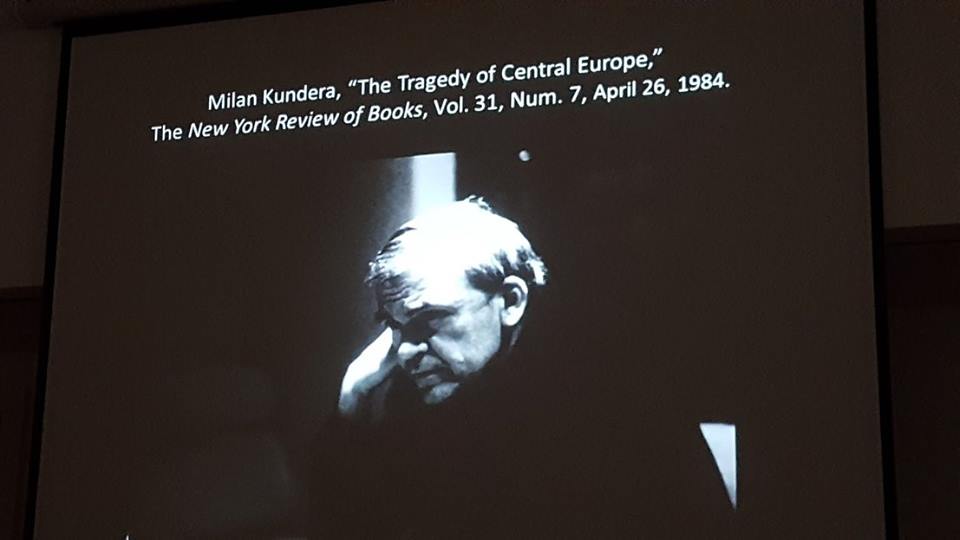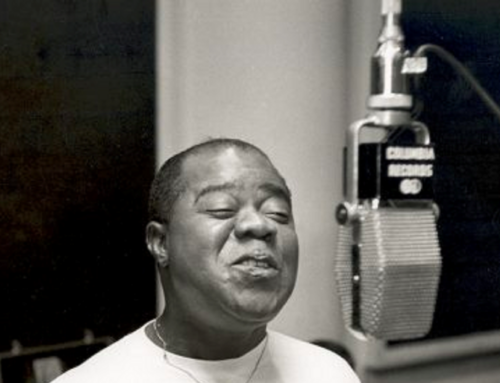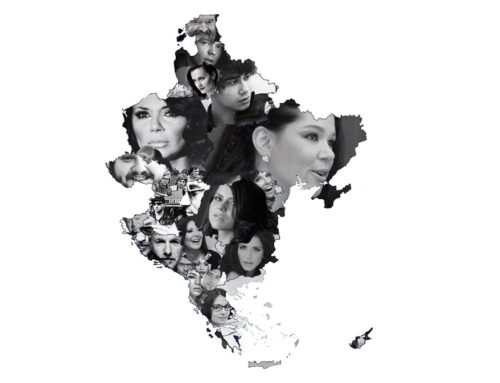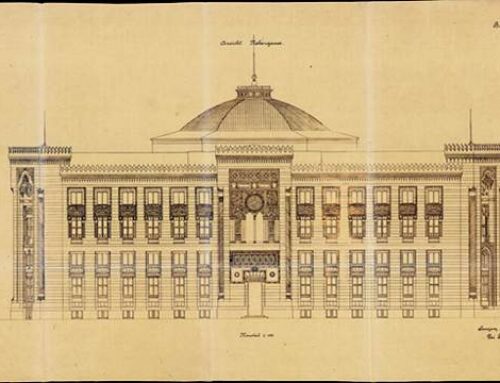Milan Kundera’s famous essay, The Tragedy of Central Europe, marks the great debate around which many dissidents and scholars had their say, discussing Central European identity. When in 1984, the Czech émigré writer was attempting to define the concept of Central Europe and to readjust the boundaries of Europe, he couldn’t imagine that the East-West debate would have become real again.
If we look back, we can see how the concept of Central Europe has never been perfectly defined. It has been mostly connected to the willingness of discovering a certain imaginary and to the importance of overthrowing the regime in order to assert that identity somehow was lost during the period of Communist dependence. It was mainly characterized by the idea that the identity of a nation is based on a shared heritage with the Western World, making the area more similar to the West than to the East. Only after the 1980s, the definition will be part of common usage and accepted as real, representing any imaginary, or something abstract. It meant to do tabula rasa of the Soviet past and to highlight instead, that European identity, once lost.
Accordingly to Kundera, Central Europe is a “kidnapped West”: that part of Western Europe stolen from the Russian imperialism, which provoked, as he writes in the Unbearable Lightness of Being, a sort of “carnival of hate” in Czechoslovakia. According to the Czech writer, the East and the West were completely different, and so was their development. Progress and democratic values symbolized Europe and thus, Central Europe. Moreover, the desire to be reintegrated in the West was also expressed by the intellectuals of left-wing, besides the nostalgic feelings, especially to see achieved their „political hopes in those dark times.“ Central Europe, has been served as an instrument of policy, defined by Claudio Magris as a “metaphor of protest”, which symbolises the fact that Central Europe, is born from intellectuals in order to create something against the Soviet rule.
Today, years after Kundera’s essay publication, the East-West divide returns to dominate the debate. This time, it is nothing to do with heritages, history and common culture. It is only about how the states of Central Europe face current problems and issues. Not within Europe or part of a common European identity.
The Visegrád states are on the first line to turn their backs to the European Union, to defend their own values. Central Europe returned to be part of the Western liberal democratic sphere to which it arguably belongs after 1989. But so far (after having joined the European Union), Central Europe was only enjoying the good. Today, when the times to contribute have come the old division has been shown again.
Controversially, If, before, the cause of increasing the Europe’s East-West divide was a need to achieve the Western democracy, today is the lack of democratic values who divides the West from the East.





Leave A Comment